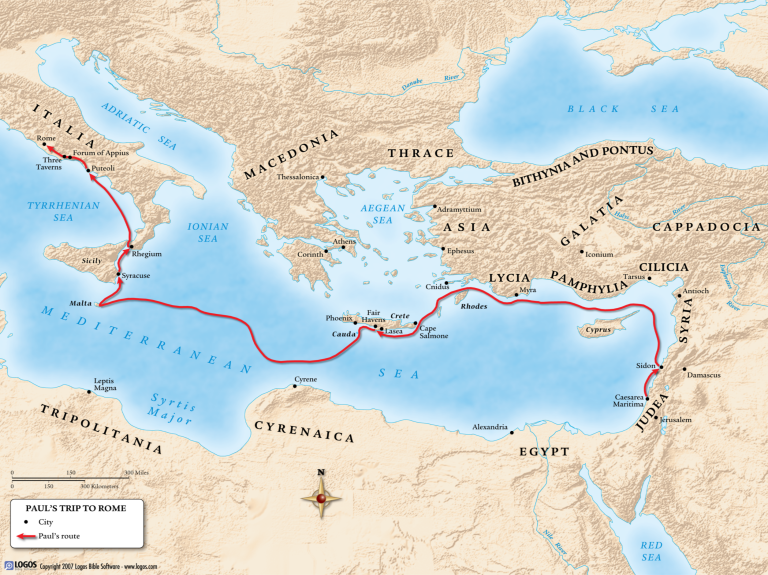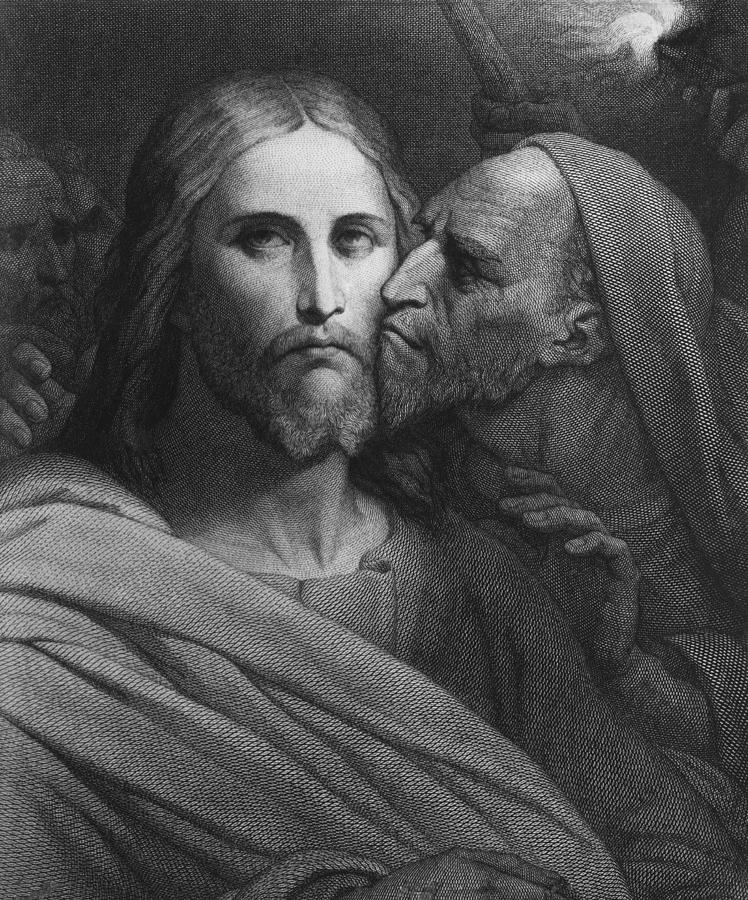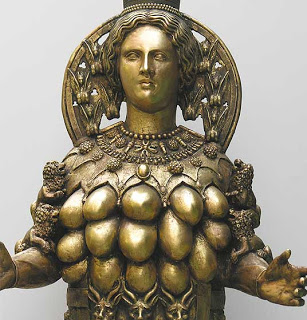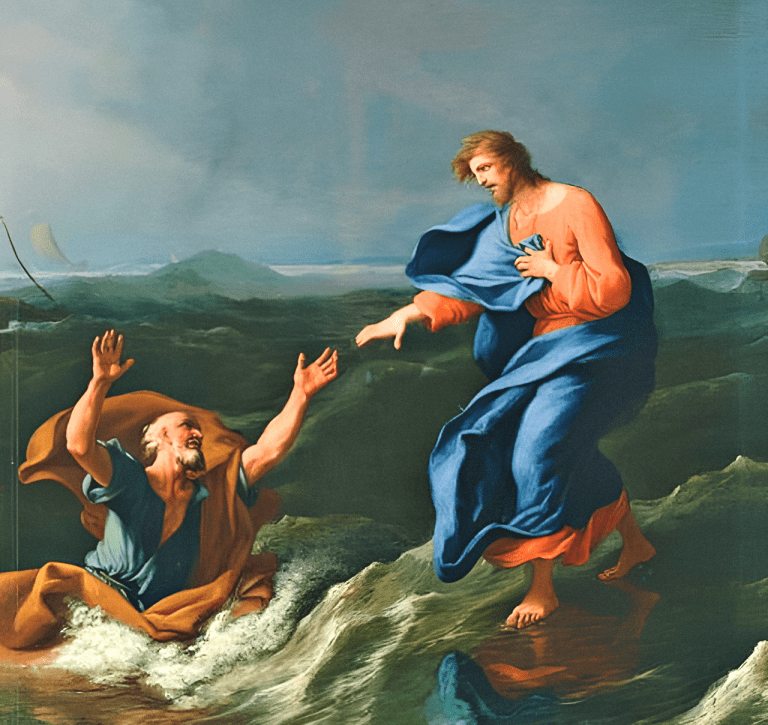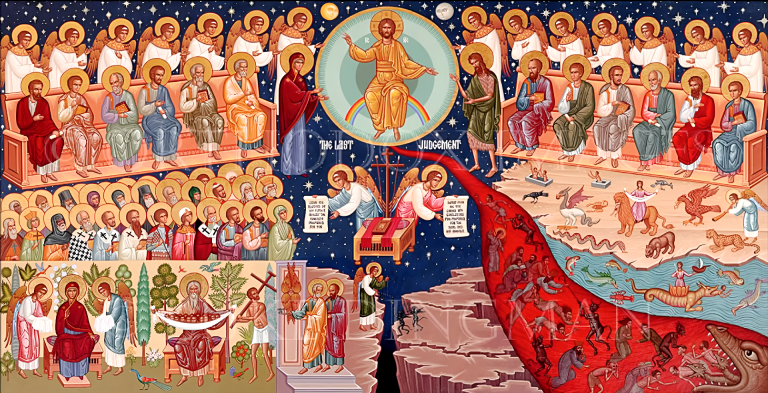The most beloved apostle, St. John, writes extensively on the importance of Blood, Christ’s Blood, in the New Covenant. He quotes Jesus, in John 6:53, “If you do not eat My Body and drink My Blood, you do not have life in you.”
Saturday’s Reading, from 1 Jn 1-5, tells us how important Christ’s Blood is:
Beloved:
This is the message that we have heard from Jesus Christ
and proclaim to you:
God is light, and in him there is no darkness at all.
If we say, “We have fellowship with him,”
while we continue to walk in darkness,
we lie and do not act in truth.
But if we walk in the light as he is in the light,
then we have fellowship with one another,
and the Blood of his Son Jesus cleanses us from all sin.
If we say, “We are without sin,”
we deceive ourselves, and the truth is not in us.
If we acknowledge our sins, he is faithful and just
and will forgive our sins and cleanse us from every wrongdoing.
If we say, “We have not sinned,” we make him a liar,
and his word is not in us.
It is clear that His Blood cleanses us from all sin. The question: Which Blood? That which is provided in Catholic Communion? Or, does John mean The Blood that was shed at the Scourging, Crowning with thorns, and Crucifixion?
Both sources of His Blood have cleansing power. Christ’s Blood has cleansing power. It’s available at the Catholic Mass. It does not seem unreasonable that The Blood offered at The Mass, from a more recent sacrifice, is to be preferred by those who believe more fully in the cleansing power of His Blood.
It seems vain and silly to ignore The Blood provided at the hands of an ordained Catholic priest. That Blood is provided in a sacrifice that’s been going on since The Last Supper, when it was offered by the first Catholic priest.



